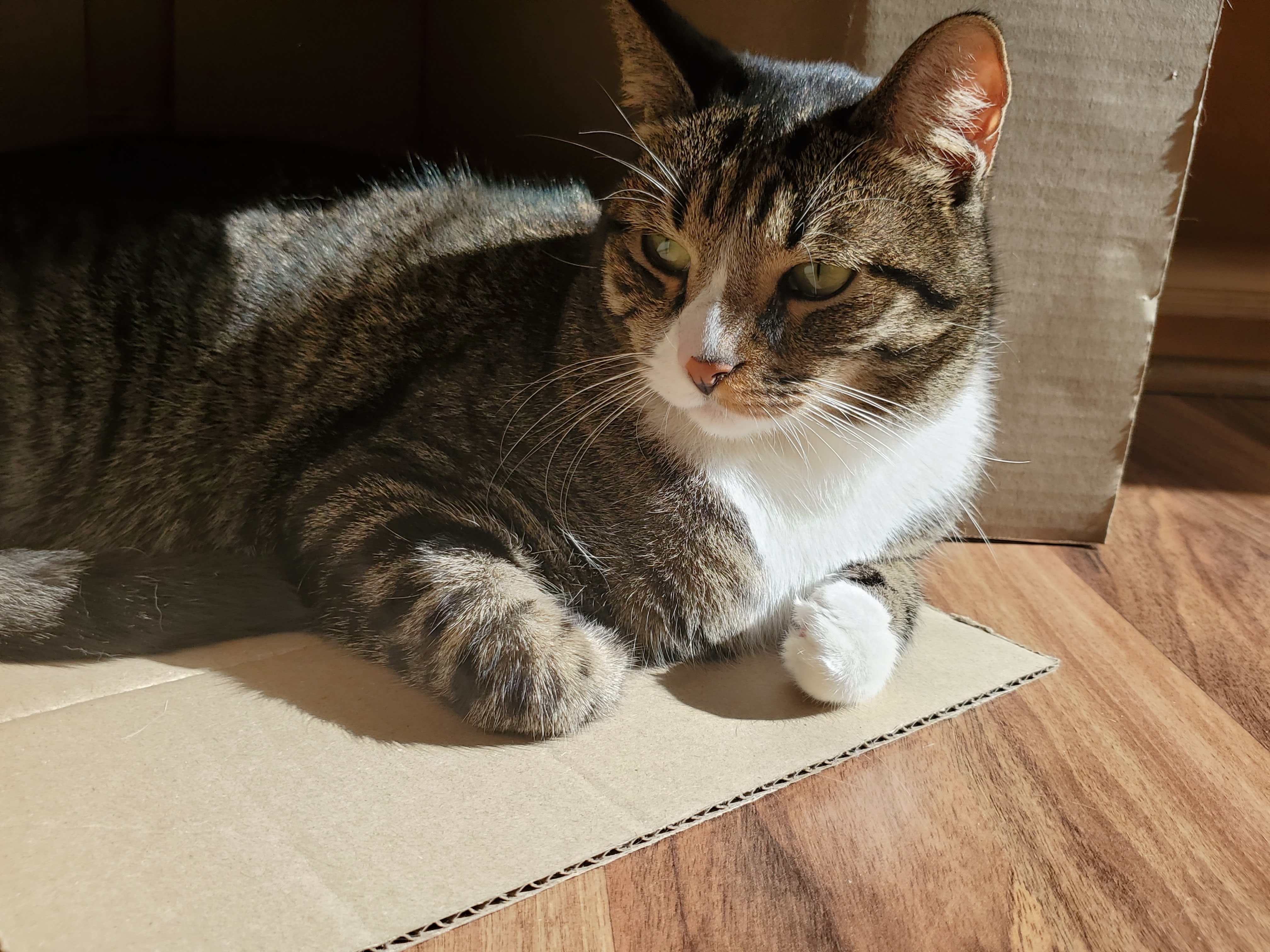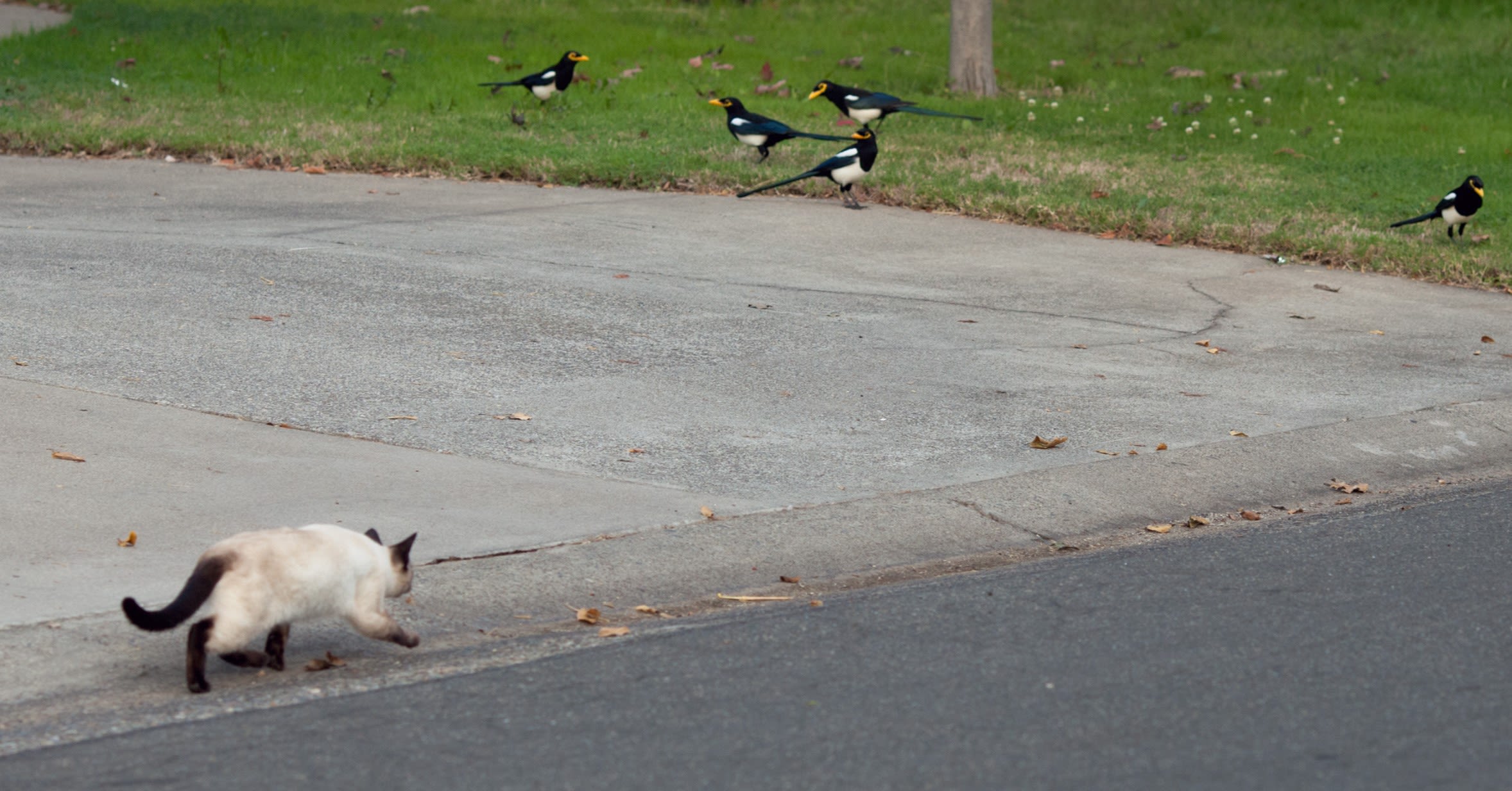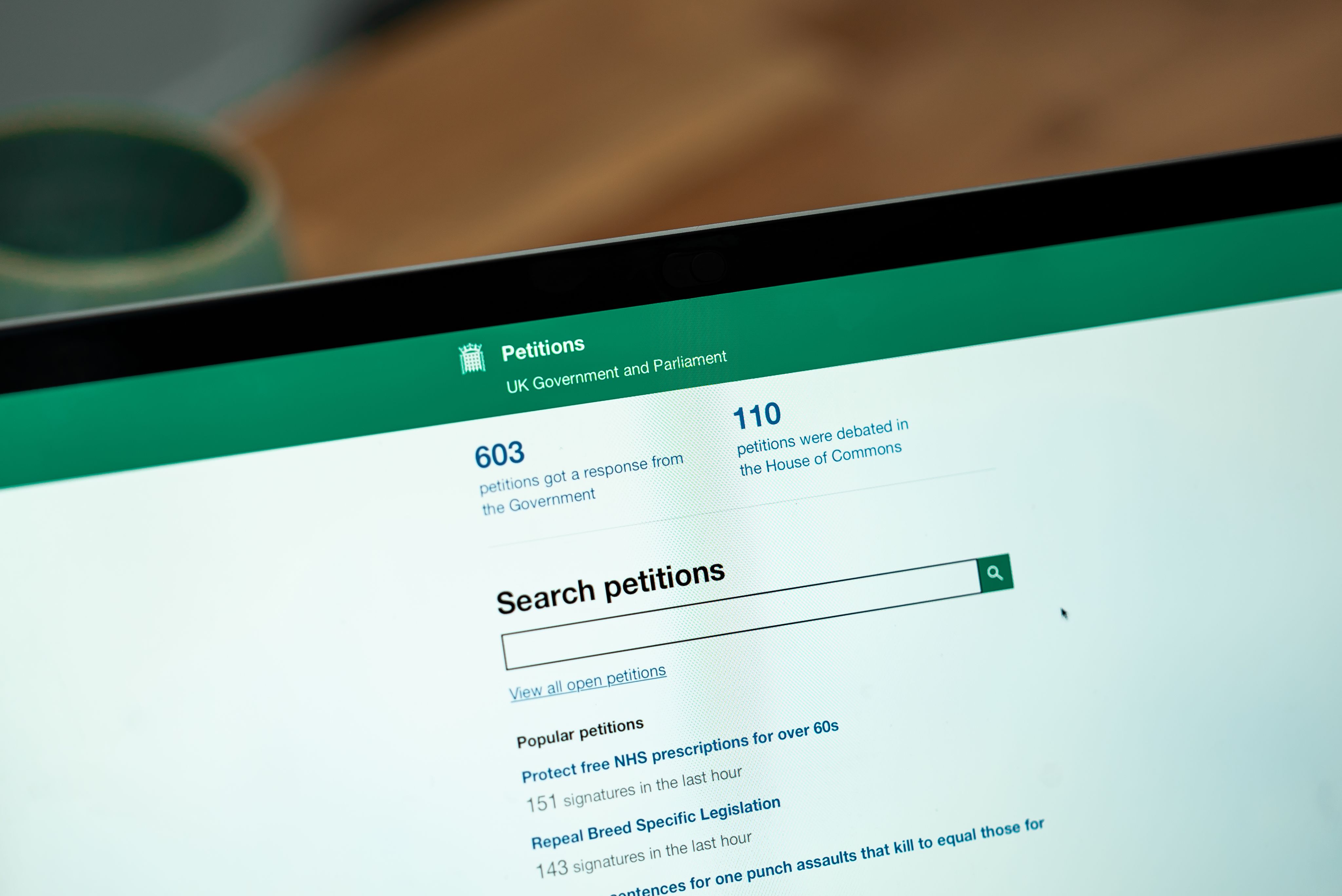Why are MPs debating requirements to report road traffic collisions involving cats?

Over 100,000 people signed a petition calling on the Government to make it a legal requirement for drivers to stop and report collisions with cats.
"Motorists should be required to report collisions with cats in the same way as collisions with dogs, so that the cat's owners can be informed. Many cat owners feel excluded by the law."
The Petitions Committee scheduled a debate on this petition in the House of Commons for Monday 9 January 2023 at 4.30pm.
Petitions Committee Survey
Before the debate, the Petitions Committee launched a survey to ask petitioners about their views on including cats in Section 170 of the Road Traffic Act 1988. This change would mean that drivers would have to report a collision to the police if it involves a cat.
There were 4,449 responses to the Committee’s survey
Cat owners who had lost their cat told us that this had negatively impacted their mental health
40% of respondents likened losing a cat to losing a family member
72% of respondents referred to the negative impact of losing a cat on their mental health
97% of survey respondents who had lost a cat in a road traffic accident told us they would have felt ‘a lot’ or ‘a little’ better if the driver had to report the collision with their cat to the police.
People's experiences
When asked how the loss of their cat affected them, respondents told us:
“Our cat was hit by a car on our road. We have no idea who it was to this day. This happened at night and consequently our poor cat was left in the road until someone with enough heart reported it in the morning. This was devastating for the whole family as he was more than a cat but a member of our family.”
“I was devastated and became extremely depressed. I then became the target of mockery and bullying, as an adult, because I was grieving the loss of my cat. It's been 10 years and I miss my cat. The way he died was awful. No one deserves that. I keep thinking that maybe if he'd been found sooner - if the person who hit him had taken him to the vet, or phoned someone - he might have had a better chance. But by the time we found him he had gone through too much.”
You can read the summary of responses on our website.


A member of the Committee, Tonia Antoniazzi MP opened the debate. She gave the following statement:
"Because there is currently no legal requirement to report, we do not know how many cats are killed by vehicles. One needs only to have a quick search through their local area’s Facebook groups to know that. It is sadly very commonplace.
"Some 52% of respondents to the Petitions Committee’s survey for this debate said they had lost a cat as a result of a road traffic accident, with a further 40% suspecting that their cat had been killed but without any proof."
Minister for Roads and Local Transport, Richard Holden MP, responded to the debate. He said
"As Members, including the hon. Member for Gower, have made clear, cats tend to roam unaccompanied and are likely to go out at night. Drivers may not realise that they have had a collision with a cat in some instances, as they are small animals, similar to rabbits or other wild animals that can cross roads late at night. There are also hazards associated with stopping to check whether animals are alive after people have knocked them over, especially with very small animals. A requirement to report road collisions involving a cat would be difficult to enforce, especially when, as hon. Members have made clear, Petplan suggests there might be hundreds of thousands of these incidents brought forward a year.
"In the last few years, we have pushed microchipping. It is the best way of reuniting owners with pets that have been tragically killed, stolen, or had a variety of other issues. Since the introduction of compulsory microchipping for dogs in 2016, over 90% of the dog population has been microchipped. That has been particularly successful in increasing reunification rates for stray dogs.
"As hon. Members from across the House have pointed out, we have a manifesto commitment to introduce compulsory cat microchipping, and we consulted on that last year [...] We are committed to introducing it, and we will lay the legislation for England before Parliament in the coming weeks. I hope that the devolved Administrations will follow closely, as this is a devolved issue in Wales, Scotland and Northern Ireland."

Concluding the debate, Tonia Antoniazzi MP said:
"I know how much it hurts to lose a pet. I thank the Minister for what he said about the legislation on compulsory microchipping that will be introduced in the coming weeks. On behalf of our petitioner, Olivia, I hope that Members from across the House will seek to introduce a ten-minute rule Bill or private Member’s Bill to amend the Road Traffic Act 1988, because it is not fit for purpose.
"I thank everyone who signed the petition, the Petitions Committee for bringing about the debate, and all Members who participated."
Watch the debate

MPs debated this petition on 9 January 2023. You can watch the full debate below or read the debate transcript on Hansard.
Read the debate pack from the House of Commons Library: E-petition on road traffic collisions and cats.
Petition debates
Petition debates can be an important part of a campaign. Debates help raise awareness of an issue and can influence decision-making in Government and Parliament.
Petition debates are 'general' debates which allow MPs from all parties to discuss the important issues raised by one or more petitions, and put their concerns to Government Ministers.
Petition debates don’t end with a vote to implement the request of a petition. This means MPs will not vote on requirements to report road traffic collisions involving cats at the end of the debate.
What is the Petitions Committee?
The Petitions Committee is a cross-party committee of MPs that considers e-petitions submitted on Parliament's petitions website and public (paper) petitions presented to the House of Commons, engaging the public directly with the work of the House.
What is a Westminster Hall Debate?
Westminster Hall debates take place in the Grand Committee Room in the House of Commons.
They give MPs an opportunity to raise local or national issues and receive a response from a government minister.
Debates in Westminster Hall take place on ‘general debate' motions expressed in neutral terms. These motions are worded ‘That this House has considered [a specific matter]'.
How Parliament works: Westminster Hall debates.

